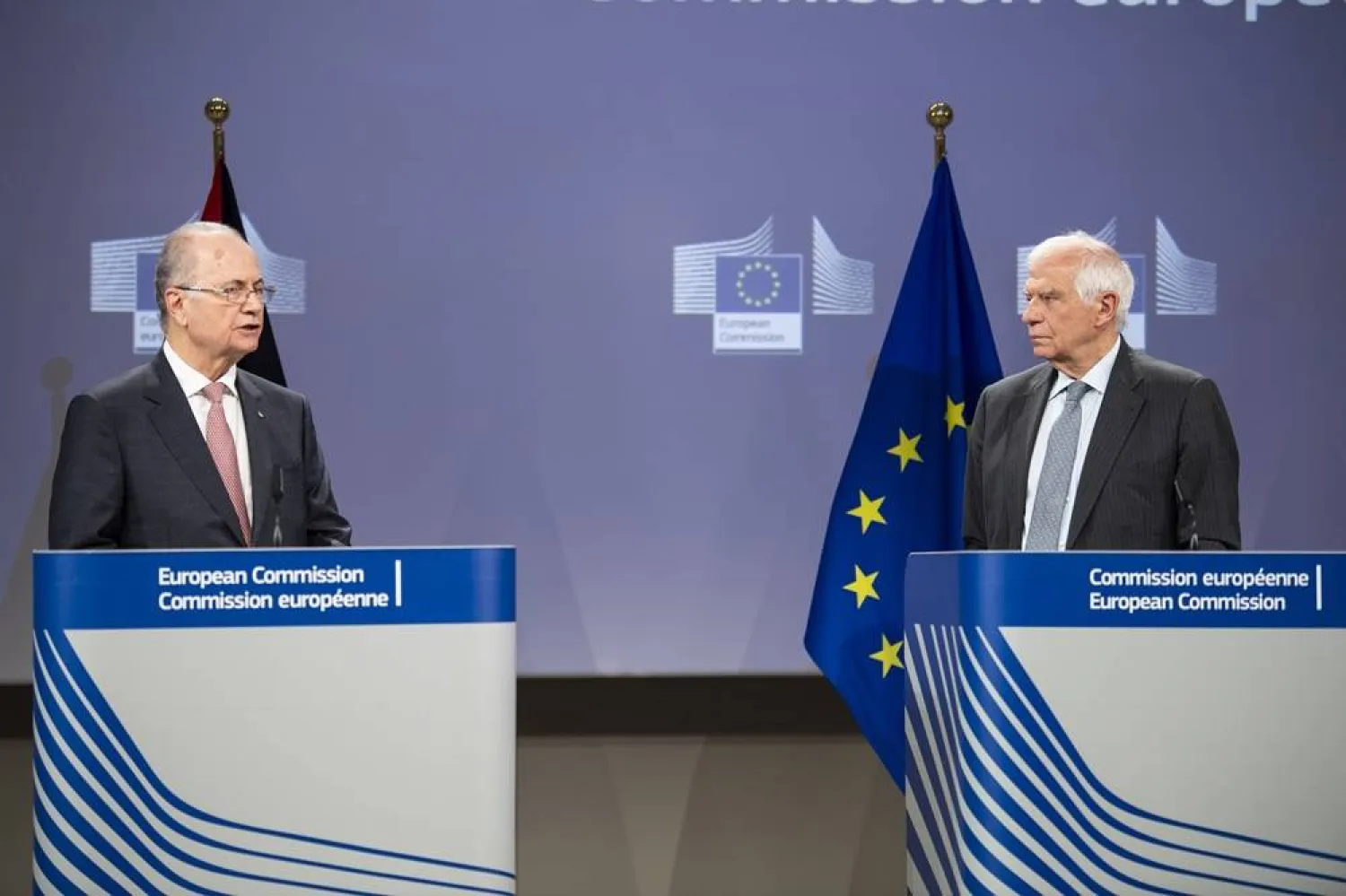The European Union's foreign policy chief insisted Sunday that Israel must abide by the UN top court's rulings and end its offensive in the southern Gaza city of Rafah and, at the same time, questioned the possible involvement of authorities in the settler violence against Palestinians in the occupied West Bank.
On a day that visiting Palestinian Prime Minister Mohammad Mustafa basked in the attention after two EU nations and Norway pledged to recognize a Palestinian state, Josep Borrell further pressured Israel to take immediate actions to make sure that tax income meant for the Palestinian authorities is no longer stopped.
The demands came at the end of the week that saw the international community put increasing pressure on Israel to fundamentally change the course of the war it wages on Hamas in the Gaza Strip through international court action and diplomatic maneuvering.
Borrell insisted Israel had driven the Palestinians to the edge of a catastrophe because "the situation in Gaza is beyond words. The occupied West Bank is on the brink, risking an explosion any time."
While most of the global attention is centered on Gaza, Borrell said that "we should not forget what’s happening in the West Bank," where the seat of the Palestinian Authority is based.
"There we see an intensified spiral of violence. Indiscriminate and punishing attacks by extremist settlers, more and more targeting humanitarian aid heading to Gaza. And they are heavily armed. And the question is, who is arming them? And who is not preventing this attack from happening," Borrell said.
Rights groups and Palestinian residents have said that Israeli forces often provide an umbrella of security to armed settlers attacking Palestinian towns and nomadic communities.
Such settler violence, Borrell said, "is coupled with unprecedented Israeli settlement expansions and land grabbing."
Borrell also countered Israeli threats to hit the Palestinians financially. On Wednesday, Finance Minister Bezalel Smotrich said he would stop transferring tax revenue earmarked for the Palestinian Authority, a move that threatens to handicap its already waning ability to pay salaries to thousands of employees.
Under interim peace accords in the 1990s, Israel collects tax revenue on behalf of the Palestinians, and it has used the money as a tool to pressure the PA. After the Oct. 7 Hamas attack that triggered the war in Gaza, Smotrich froze the transfers, but Israel agreed to send the money to Norway, which transferred it to the PA. Smotrich said Wednesday that he was ending that arrangement.
"Unduly withheld revenues have to be released," said Borrell, with Norwegian Foreign Minister Espen Barth Eide standing next to him.
Eide was in Brussels Sunday to hand over diplomatic papers to Mustafa ahead of Norway's formal recognition of a Palestinian state, a largely symbolic move that has infuriated Israel.
The formal recognition by Norway as well as Spain and Ireland — which all have a record of friendly ties with both the Israelis and the Palestinians, while long advocating for a Palestinian state — is planned for Tuesday.
The diplomatic move by the three nations was a welcome boost of support for Palestinian officials who have sought for decades to establish a statehood in east Jerusalem, the West Bank and the Gaza Strip — territories Israel seized in the 1967 Mideast war and still controls.
"Recognition means a lot for us. It is the most important thing that anybody can do for the Palestinian people," said Mustafa. "It is a great deal for us."
Some 140 countries — more than two-thirds of the United Nations — recognize a Palestinian state but a majority of the 27 EU nations still do not. Several have said they would recognize it when the conditions are right.
The EU, the United States and Britain, among others, back the idea of an independent Palestinian state alongside Israel but say it should come as part of a negotiated settlement.
Belgium, which holds the EU presidency, has said that first the Israeli hostages held by Hamas need to be freed and the fighting in Gaza must end. Some other governments favor a new initiative toward a two-state solution, 15 years after negotiations between Israel and the Palestinians collapsed.
Sunday's handover of papers came only two days after the United Nations’ top court ordered Israel to immediately halt its military offensive in the southern Gaza city of Rafah in the latest move that piled more pressure on the increasingly isolated country.
Days earlier, the chief prosecutor for the International Criminal Court requested arrest warrants for Israeli leaders, including Prime Minister Benjamin Netanyahu, along with Hamas officials.
The war in Gaza started after Hamas-led militants stormed across the border, killing 1,200 people and taking some 250 hostage. Israel’s ensuing offensive has killed more than 35,000 Palestinians, according to Gaza’s Health Ministry, and has caused a humanitarian crisis and a near-famine.









